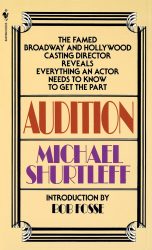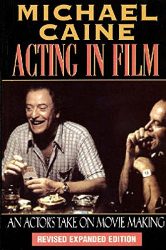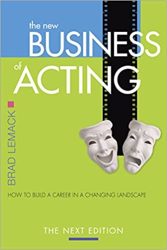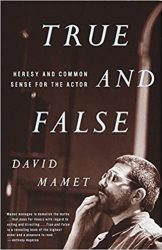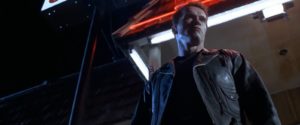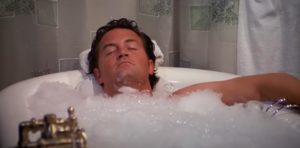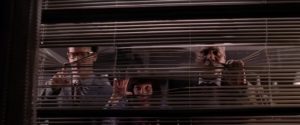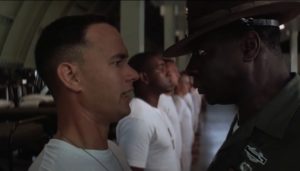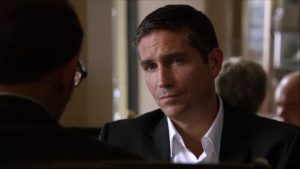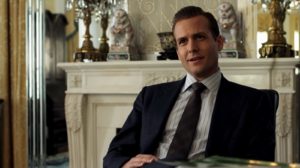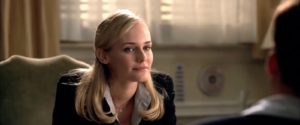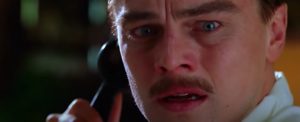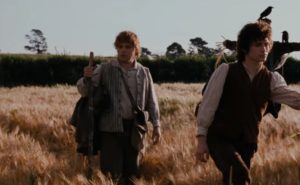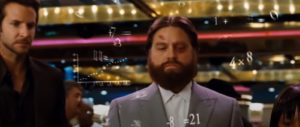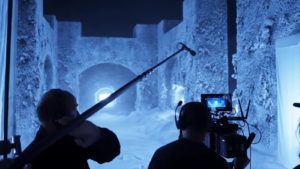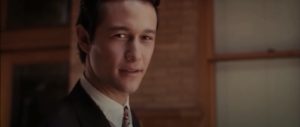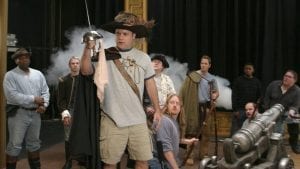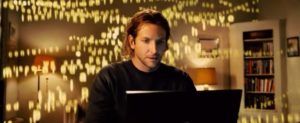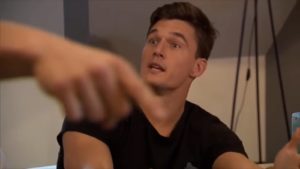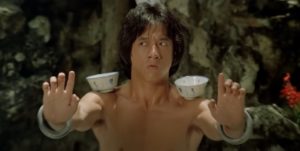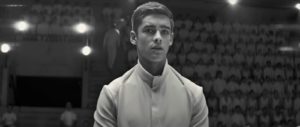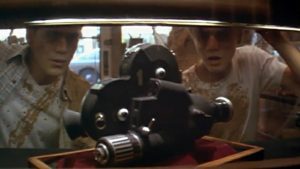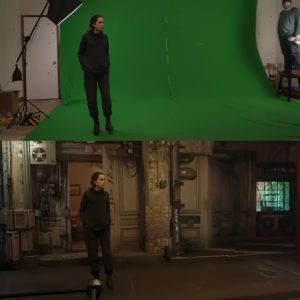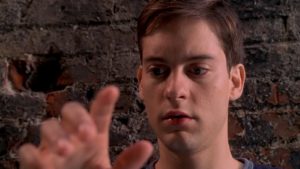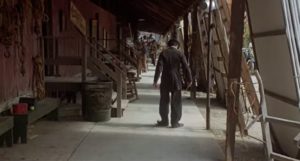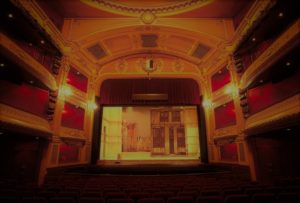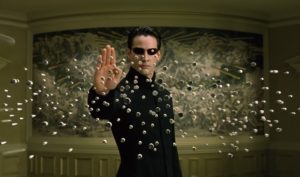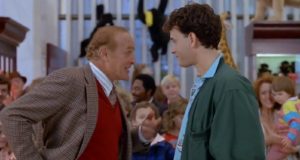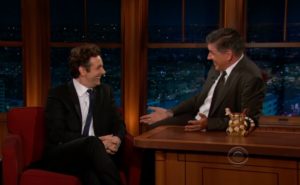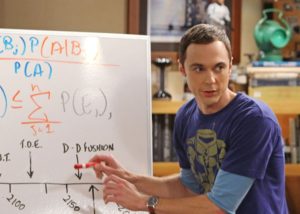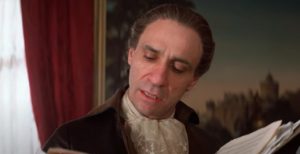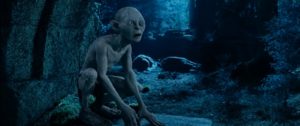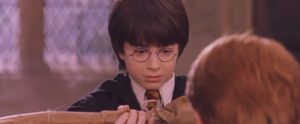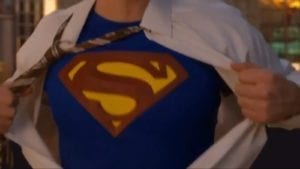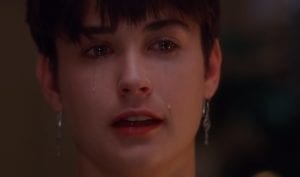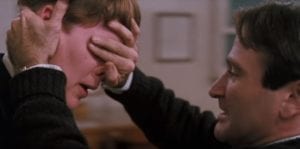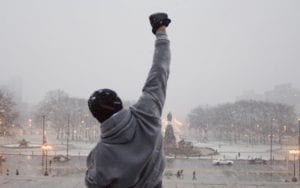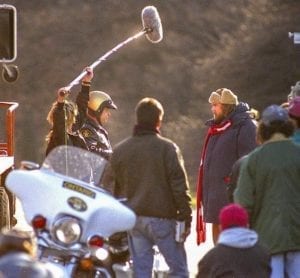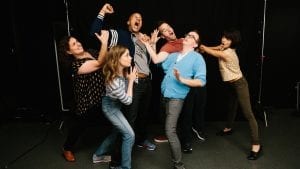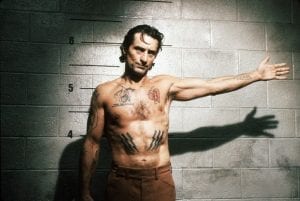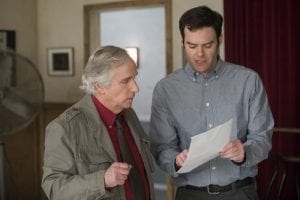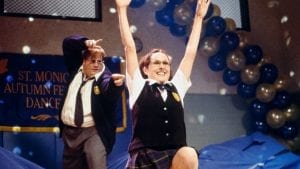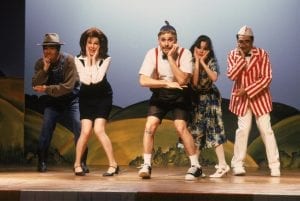Many actors have difficulty acting surprised because, having read the script, they know in advance what is going to happen. It’s also sometimes difficult to see what real surprise looks like because we’re used to seeing people exaggerating their surprise in commercials, on social media, and even in real life; this article aims to give examples of what real surprise looks like in different settings.
Be aware that surprise varies and tends to also involve other emotions. However, here’s an example: a reaction with eyebrows (e.g., raised eyebrows) and then a delayed reaction with the mouth (e.g., mouth slightly opening). If you’re reacting together with a group, the reactions may be stronger.
Video examples of various kinds of surprise are given below. At the end, there is also a technique for how you can act surprised.
Surprise and confusion
In the video below, a YouTuber walks up to a college student and says, “I’m your grandson from the future. You’re going to need this this month.” The YouTuber then places down a $100 bill and runs away, leaving the college student surprised and confused. You can see the college student’s hand frozen in place as he forgets about it while thinking over what just happened. The college student is unaware that he is being recorded. However, he is aware that he is in a public place.
Surprise at sad information
The video below shows an interview. The person being interviewed says that when cancer touches your family you start to get a lot more involved and learn about cancer a lot more. The interviewer then reveals that she has cancer, and you can see how this unfortunate coincidence really shocks the person being interviewed. You can see how he listens to the interviewer with his lips slightly parted, his head slightly angled, and his eyes showing that his attention is completely focused on her. For a while, the only movement he does is blink. Since this is an interview, he is aware he is being recorded.
Surprised and impressed
In the video below, an opera singer reacts on camera to an impressive performance by another singer. At the moment linked below, she is already quite impressed with the singer’s vocal range, and then the singer surprises her by going even higher. You can see her close her eyes first and then, with her eyes closed, as soon as she hears those even higher notes, her eyebrows assume a new position and her mouth later begins moving. You can see a similar pattern of change in first the eyes and then the mouth at the 5:38 timepoint; at that point, her eyes remained open throughout.
Since this is her reaction video, she is aware that she is being recorded, but she is alone and her actions are relatively subtle.
People who are in a group and see something surprising and impressive together can be less subtle. In the video below, two professional violinists react on camera to an impressive performance by another violinist who, by himself, plays what normally takes an entire quartet. In the moment linked below, the two violinists are already impressed, when the performer surprises and impresses them further by incorporating pizzicato (string plucking) in addition to bowing at the same time. You can see how one of the viewing violinists reacts by laughing and the other reacts by opening his mouth and leaning back. You can then see them go back to watch that part again and, this time, their reactions are different.
Whereas in the above video the violinists are aware that they’re being recorded, the people in the video below might not be aware that they are being recorded. However, they do know that they are in a public place. In the video below, a juggler shows a juggling trick (to an audience of other jugglers) where he first pretends to mess up, with one of his juggling clubs falling behind him, but then he surprises and impresses the audience by successfully kicking that falling club back up and incorporating it back into his juggling pattern. You can see that the crowd doesn’t have a lot of body movement (other than the conventional clapping) and that most of their surprise is expressed through their voice, which is slightly delayed as it takes them a little while to take in what they just saw.
Loving surprise
There’s a sweet video where Denzel Washington discovered in an interview that his son had given him a nice compliment. This was a surprise to him, and you can see his facial expressions in the video below. He actually didn’t notice it the first time, it was so unexpected that it appears his mind wasn’t prepared for that kind of information, so he asked for it to be repeated. Again, there’s the theme of delayed reaction.
Of course there are different kinds of loving surprises. The reaction of Denzel Washington above was a smile. There are videos of people reacting to soldiers returning home, which are often crying reactions, and which also reflect the deep bond between those people.
Surprise and disbelief
In the video below, a couple reveals to friends and family that they didn’t just have one baby – they had twins. They first show the first baby and then surprise them with the second baby. The individuals shown are likely unaware that they are being recorded.
The show Would I Lie To You can also be relevant to facial expressions of surprise and disbelief (as well as to other kinds of surprise). In that show, contestants (typically comedians) read out a statement about themselves (either a true statement or something made up by the producers) from a card in front of them and then answer the other team’s questions in a way that makes it difficult for them to guess whether the statement was true or false. The video below shows one of the more surprise parts of that show, and you can see the surprise on one of the team’s faces when the truth about the statement is revealed. These individuals are likely genuinely surprised, but since they’re aware that they’re being filmed on a show they’re likely augmenting their genuine reactions a bit. You can see that some of them keeping their mouth open and looking around or staring in confusion.
Surprise and amusement
When someone tells you a joke, it’s often the surprising aspect of it that makes you laugh. To help you find genuine laughing reactions, you can find videos of people laughing in situations when they’re not supposed to laugh, such as news anchors laughing. An example of that is shown below.
Another example is where people find out new information during interviews. For example, the video below shows an interview in which Woody Harrelson realizes that Liam Hemsworth and Chris Hemsworth are brothers. The moment of realization is hardly perceptible—possibly when Woody turns his head at 0:08 or the moment when he briefly opens his mouth at 0:10. You can see that the main reaction happens after, when he begins to talk about the fact that he just realized it.
Tips for how to act surprised
Take a quick inhale, flex your butt cheeks really quickly, flex your whole body for a half a second and then relax. It’s not what you do when you are surprised—it’s what you do 5 seconds after. Have a slight jiggle as if you’re releasing stress, exhale slowly, maybe clench your jaw or close your eyes.
How do you know what is natural for you? You can find out what your natural reactions are by filming yourself. How do you film yourself without acting weirdly due to being aware of being filmed? You can just film constantly so that, eventually, you’ll forget about or ignore the camera. You can do that with something like a motion-activated camera, such as a trail camera. Perhaps you can position that camera in a place where you typically receive news or see something new (i.e., have something to be surprised at). Perhaps the camera could be facing you while you’re watching TV, talking on the phone, or looking out the window. Different people react in different ways; maybe you’re the kind of person whose jaw drops and who puts their hand on their chest when they’re surprised, or maybe you raise one eyebrow and tilt your head, or maybe you just freeze and it looks like you’re doing nothing at all. It’s also possible that you do all those things in different situations.
If you don’t want to film yourself, you can also pay attention to the facial expressions of others in everday life. How does someone you know react when you gift them an unexpected gift? How do strangers react when they hear your funny ringtone? How does someone react when you tell them a joke and they finally get it? What do their eyebrows do? Where do they gaze? Do they look like they made a sudden inhale? As you look at them, you might feel what they’re feeling as your mirror neurons (brain cells that help you with empathy) make you feel as if you’re doing the actions that you observe others doing.
Another way to get surprise reactions on film without realizing that you’re being filmed is by getting those reactions while filming something else. For example, videos about animals doing funny things often contain human reactions to those funny things. The people recording the video don’t know what the animal is going to do next, and thinking that the focus is all on the animal they might forget that they’re also being recorded.
Another place where you can constantly see people being subtly surprised is improv shows. The performers don’t know what happens next, so every line ends up being a surprise for everyone else on stage. But, again, when you’re having a regular conversation every line is also a surprise since it’s your first time having that conversation. So . . . if everything that happens in life is a surprise because it’s unrehearsed, then what even is surprise? That’s why it’s important to see surprise a variety of things instead of just one template of a reaction. Enjoy exploring the uniqueness.
